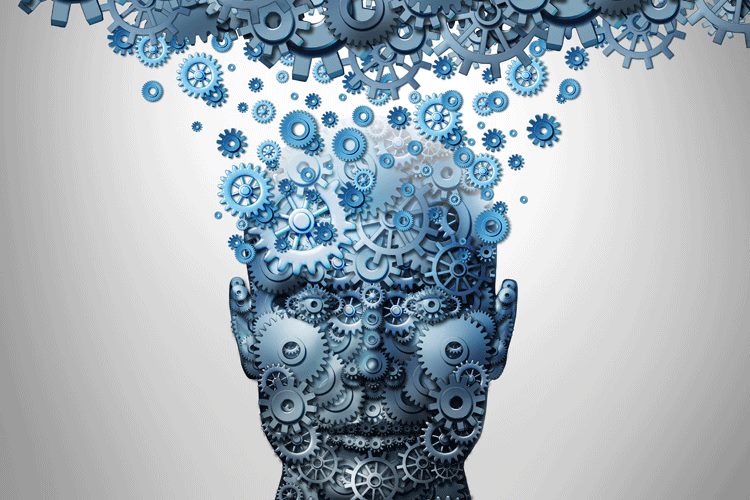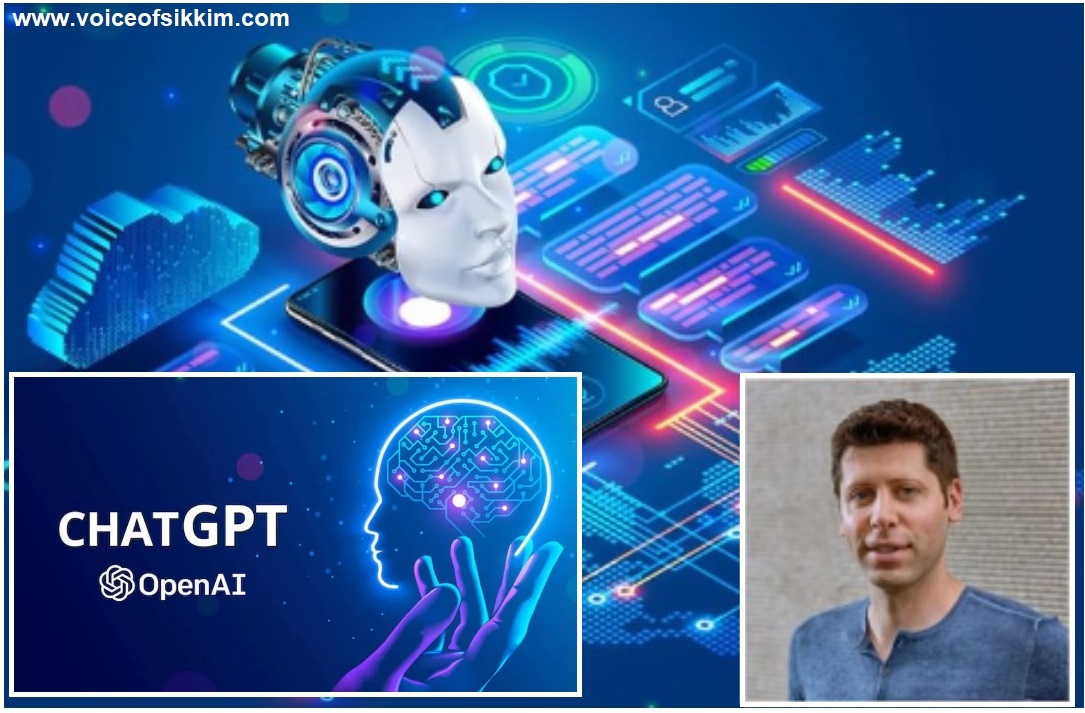
Pakyong, 7 Dec : The influence of Artificial Intelligence (AI) on teenagers extends far beyond mere technological integration; it profoundly shapes their experiences and future prospects. In this discussion, we’ll delve into five major impacts of AI on teenagers, examining the opportunities it brings and the challenges it poses.
1.Augmented Learning Experiences:
AI-driven educational tools have ushered in a new era of learning possibilities. Adaptive learning platforms, intelligent tutoring systems, and virtual assistants now offer personalized educational experiences, catering to the unique needs and learning styles of each teenager. By analyzing students’ progress and identifying knowledge gaps, AI algorithms enhance engagement, boost academic performance, and prepare teenagers for a future dominated by technology.
2. Career Opportunities in Emerging Technologies:
As AI technology advances, it opens up novel career paths for teenagers keen on exploring the tech realm. Fields like machine learning, data science, robotics, and AI development are witnessing increased demand. This evolution empowers teenagers to delve into these emerging sectors, acquire relevant skills, and pursue careers that might not have been as prevalent in the past. AI thus enables teenagers to become innovators, actively contributing to the future of technology.
3. Ethical and Privacy Dilemmas:
While AI brings undeniable advantages, it introduces ethical and privacy concerns, particularly for teenagers. AI algorithms amass and analyze substantial amounts of personal data, raising questions about privacy and data security. It is imperative for teenagers to comprehend how their data is utilized and ensure responsible and ethical practices. Educating them about the ethical implications of AI and fostering digital citizenship becomes crucial in navigating these challenges.
4.Influence on Social Media and Online Experiences:
AI algorithms wield significant influence over teenagers’ online experiences, especially on social media platforms. These algorithms curate content, suggest connections, and personalize advertisements based on users’ preferences and behavior. While this personalization enhances user experiences, it also runs the risk of creating filter bubbles, reinforcing biases, and affecting mental health. To counter potential negative effects, teenagers must become discerning consumers of AI-curated content and develop a balanced relationship with social media.
5. Future Workforce and Job Market Dynamics:
The integration of AI into industries reshapes the future workforce and job market dynamics. Some jobs may become automated, while new roles emerge. Teenagers must cultivate a skill set that complements AI technologies, positioning themselves for success in a transforming job landscape. Skills such as critical thinking, creativity, emotional intelligence, and problem-solving will be invaluable in an AI-dominated world. Encouraging teenagers to adopt a growth mindset and adapt to technological advancements becomes vital for their future careers.
Conclusion:
Artificial Intelligence brings both thrilling opportunities and unique challenges for teenagers. By embracing AI’s potential, teenagers can enjoy enriched learning experiences, explore unconventional career paths, and actively contribute to shaping the future. Nevertheless, addressing ethical concerns, understanding AI’s impact on social media, and preparing for evolving job market dynamics are equally critical. With thoughtful navigation of these opportunities and challenges, teenagers can maximize the benefits of AI, building a successful future in the digital age.
In recent times, the rise in cybercrimes poses a significant threat to privacy and presents a formidable challenge for law enforcement. The use of AI for impersonation, ranging from manipulating videos to synthesizing voices through various AI add-ons like Deepfakes, has become alarmingly prevalent. This dangerous application of AI is particularly noteworthy in India, the world’s second most populous country, where a surge in AI-related threats orchestrated by malicious actors has resulted in substantial losses for victims.
The gravity of the situation was underscored just last week by the Delhi High Court, which declared that the menace of Deepfakes is not only contagious but also exacerbated by the boundaryless nature of the internet. This global connectivity makes it exceedingly difficult to enforce comprehensive restrictions on AI, amplifying the challenges faced by authorities in combating this evolving threat landscape.





